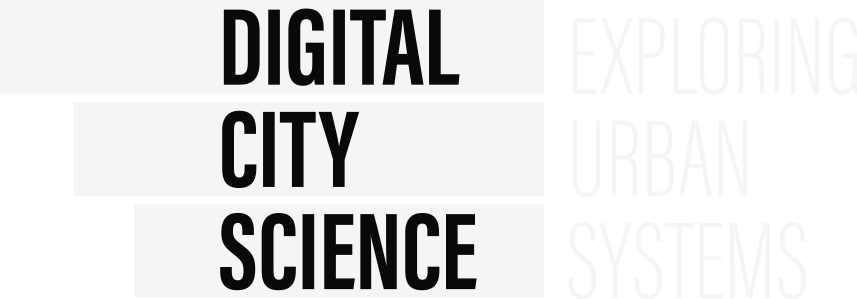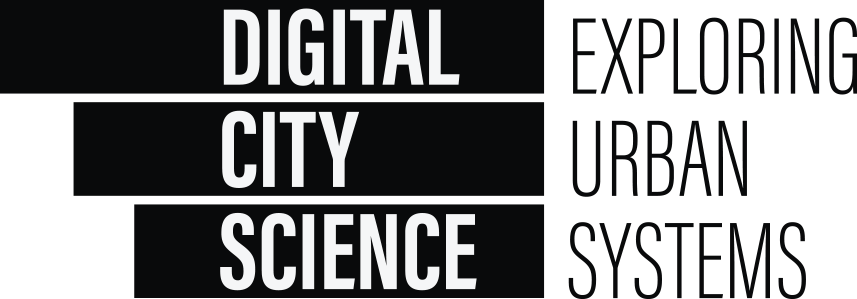Our Team
Our team develops scientific approaches for the analysis and integrative planning of urban systems. For this purpose, the team comprises expertise in architectural design, urban and spatial planning, media technology, IT, and software development, among others. In cooperation with partners from academia, business, administration, and civil society, we develop data-based tools and methodologies that are applied in the national and international context. Our scientific activities span from fundamental research across applied projects to knowledge transfer in scientific teaching and training.

Agota Barabas
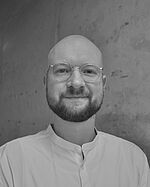
Dr.-Ing. Jan Barski

Dr. Katharina Borgmann
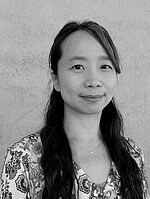
Juiwen Chang
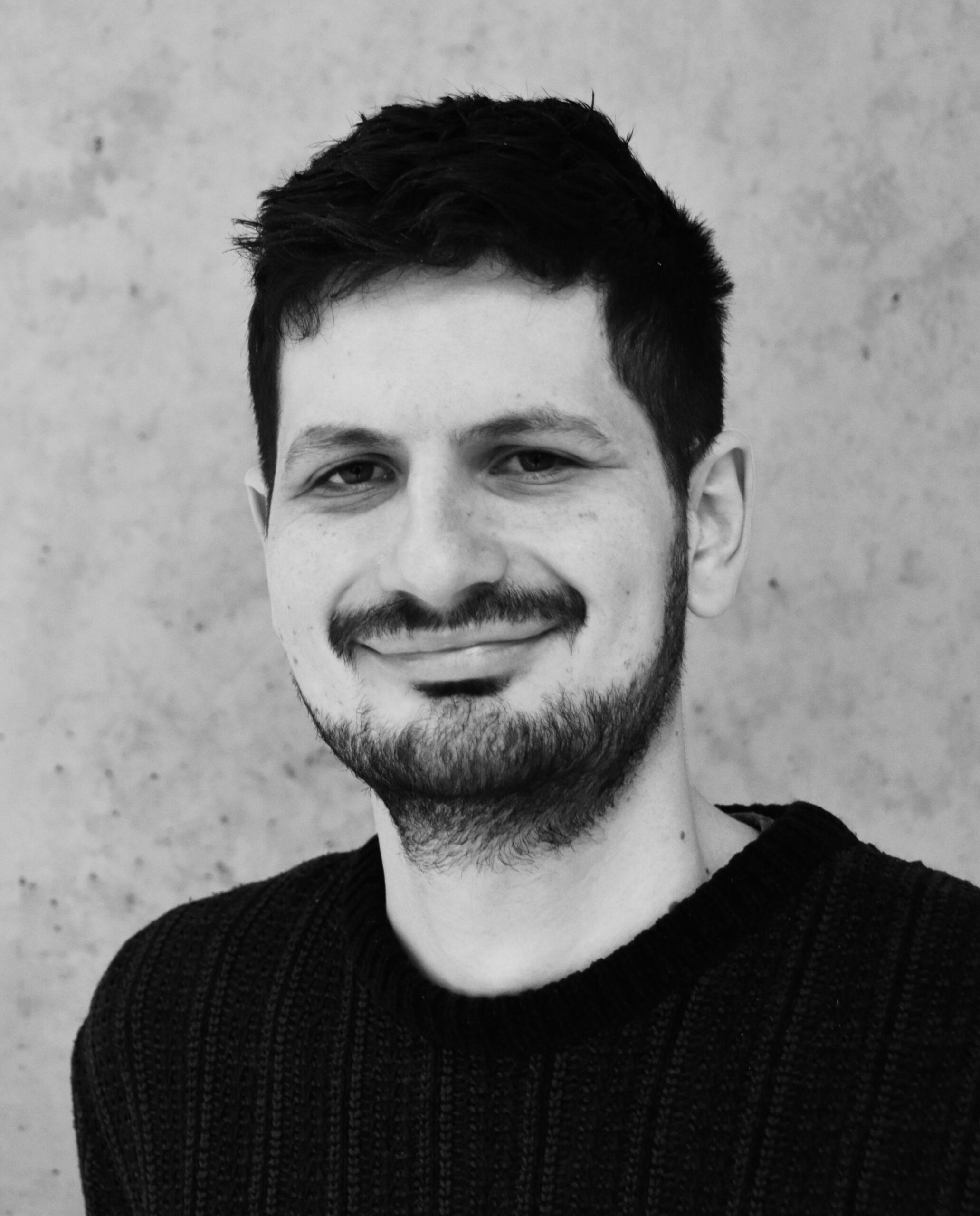
Balázs Cserpes
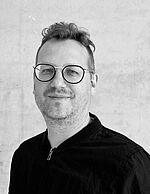
Benjamin Dally

Hana Elattar

Vincent Holtorf

Jennifer Jiang

Anne Kis

Göktürk Burak Köse
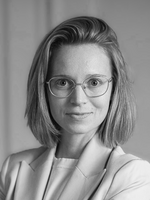
Annika Degen

Fernando Montaño
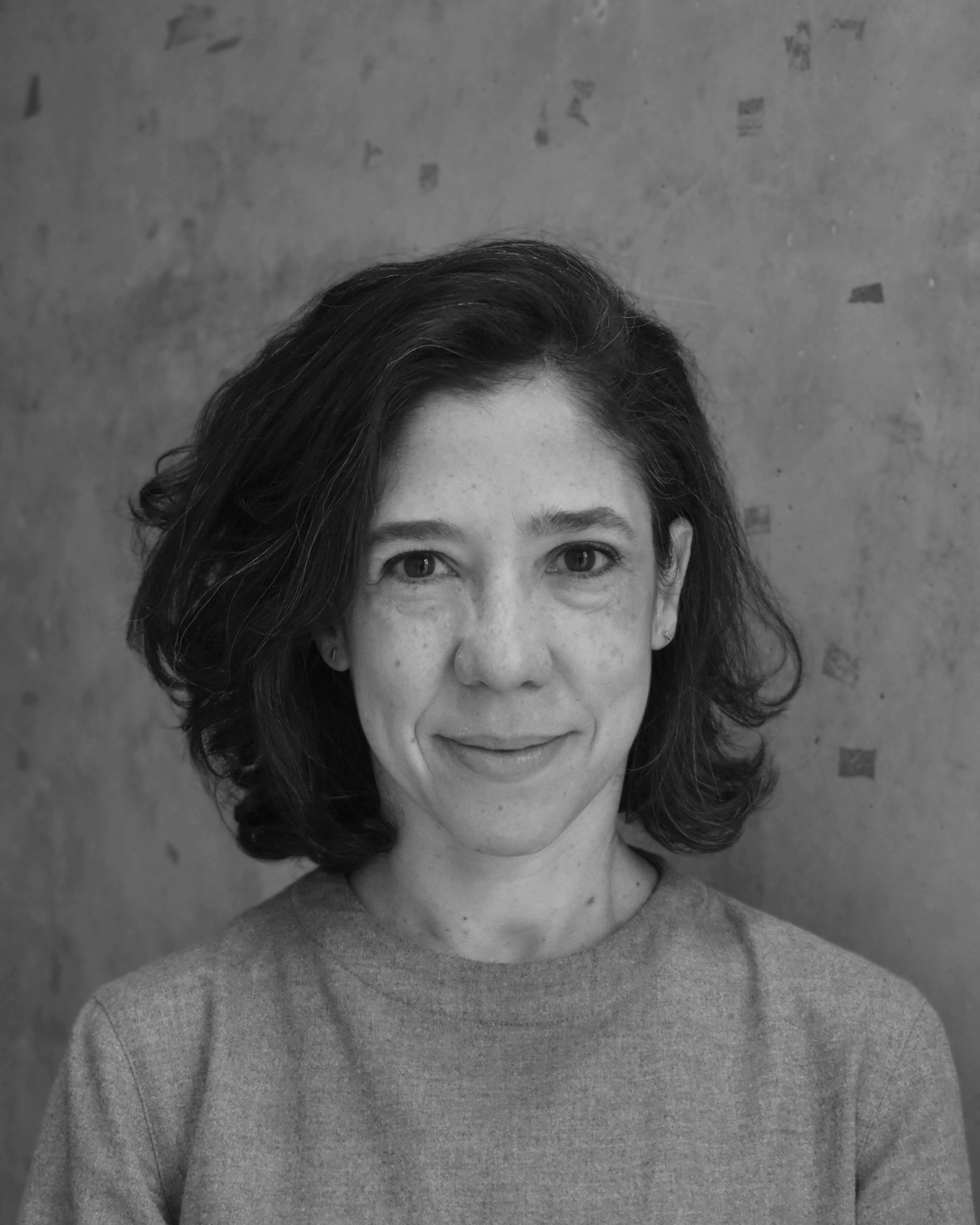
María Moleiro

Burak Bek
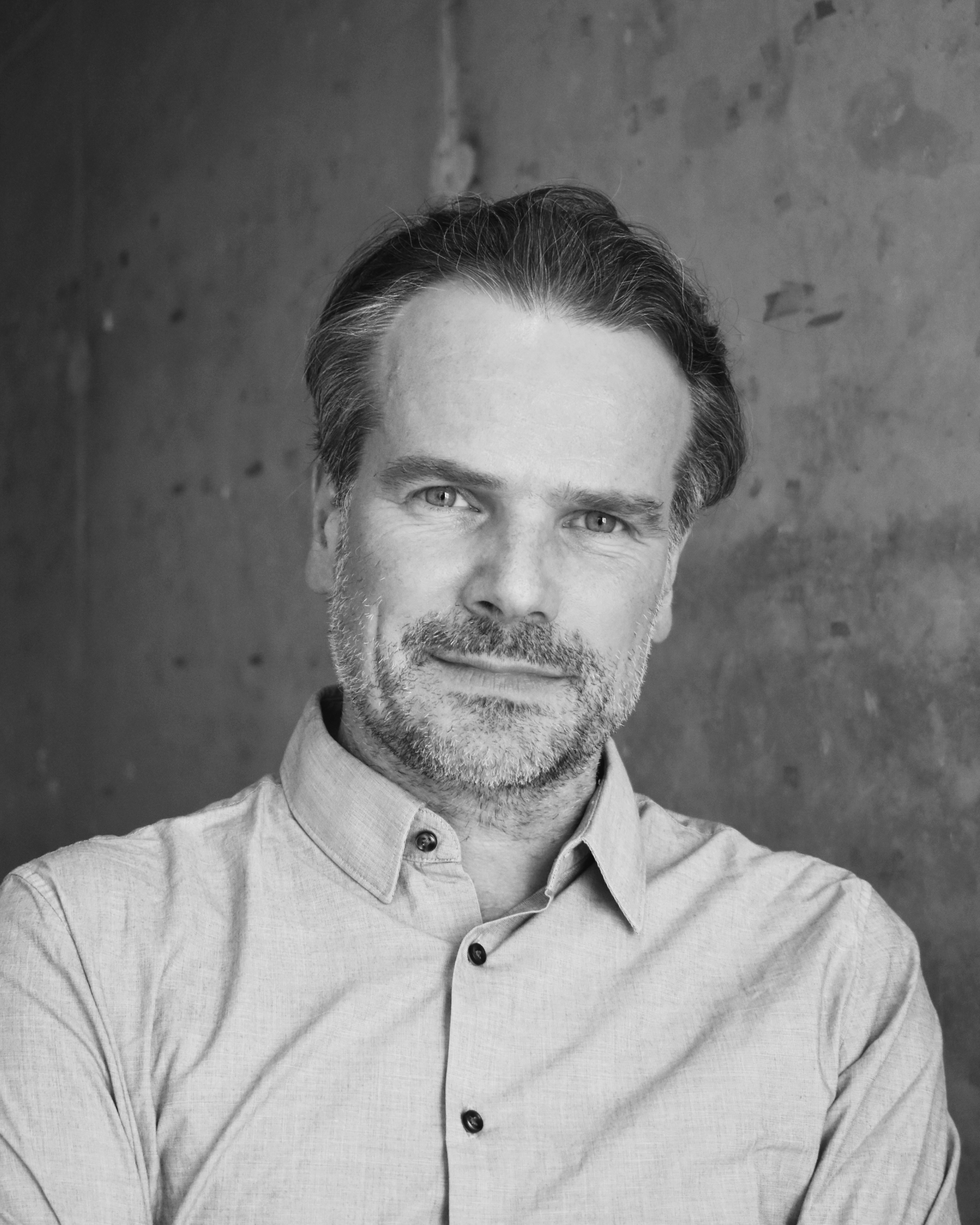
Jörg Rainer Noennig
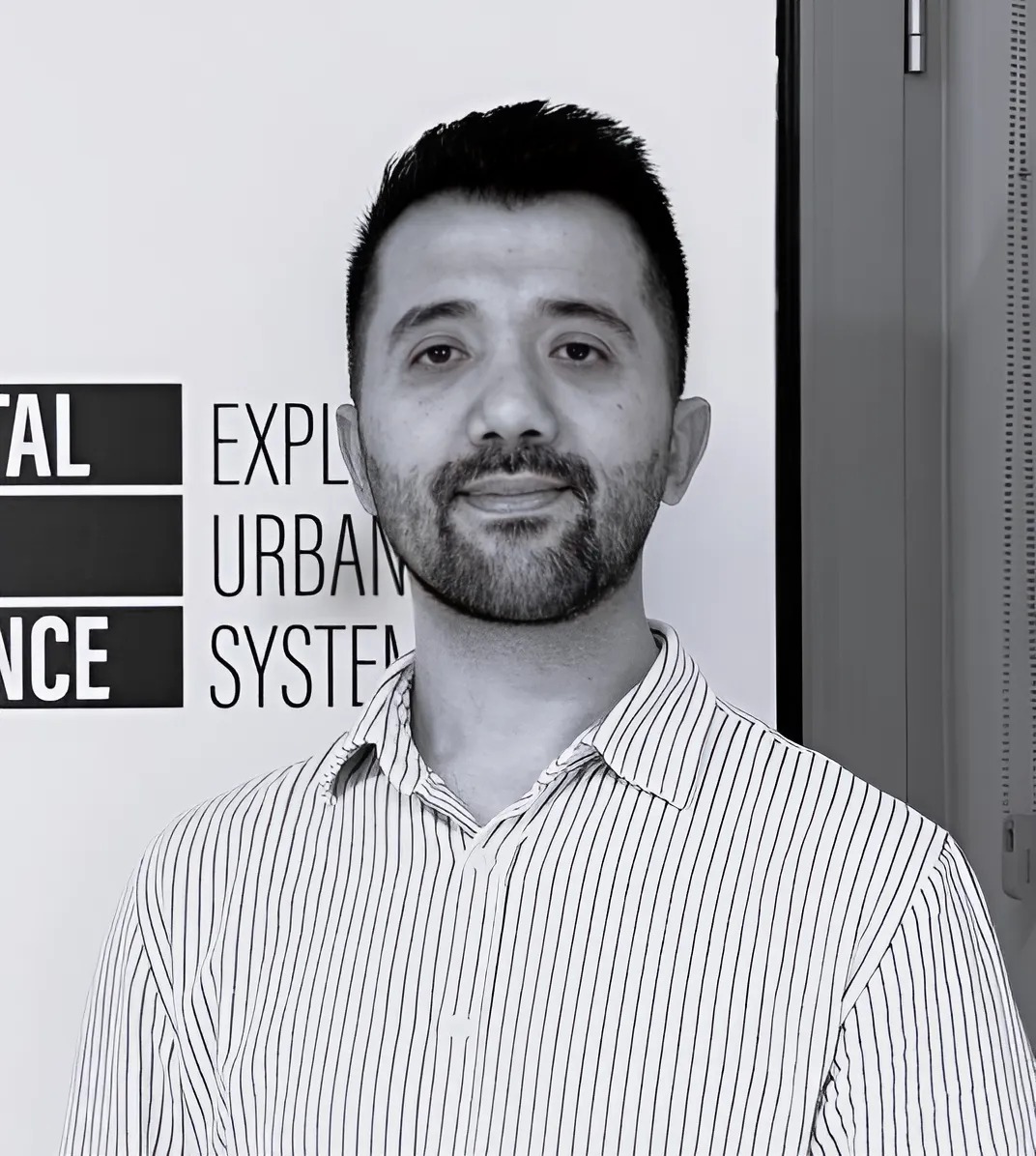
Mehmet Akif Ortak

Jacob Paulsen
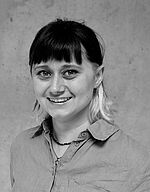
Nicole Reiswich

Angelina Ritter
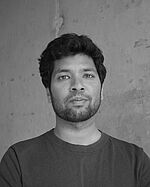
Husain Vaghjipurwala

Ramon Vivanco

Xingyue Wang

Nick Alexander
Prof. Dr.‐Ing. Jörg Rainer Noennig
Prof. Dr.‐Ing. Jörg Rainer Noennig, is a trained architect who has practiced as an architectural designer – among other places and regions – in Tokyo / Japan. He has studied at Waseda University Tokyo, University of Technology Krakow / Poland, and Bauhaus University Weimar, where he earned his doctorate with his research on architecture, language, and complexity.
The phenomenon of the Japanese Megacity triggered his specific interested in urban complexity, prompting him to move deeper into urban research. A former junior professor of Knowledge Architecture at TU Dresden, his previous research centred the question how architectural and urban environments can foster cognitive processes such as learning, creativity or innovation.
Here, value creation models for the processing of data and information into knowledge and intelligence emerged as a central topic, whose relationship with the built environments opened a new field of research. This formed the bridge to Digital City Science, which similarly aims to create value and meaning fromdigital data in the urban spatial context.

